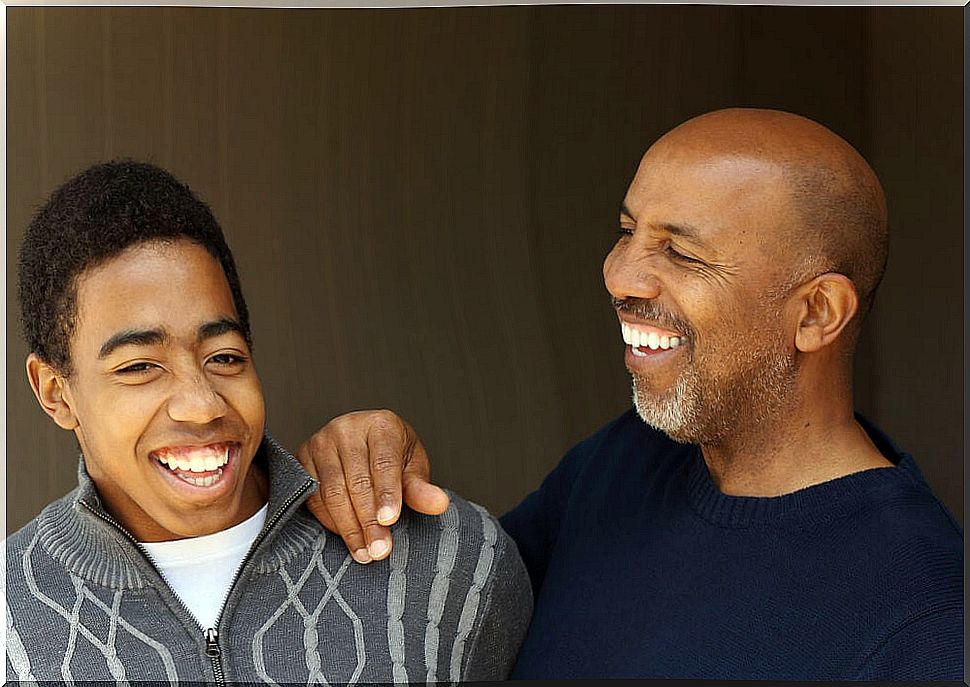When Do Parental Rights End?

The relationship between parents and children is governed, from the legal point of view, by a series of rights and obligations. L to custody collects most of these parental rights. However, there are other aspects such as custody, inheritance, alimony, legal representation, etc …
We all have more or less clear that, when the children reach the age of majority, parental authority ends. But what about the other rights and duties of parents? Until when are they valid? Here we look at a few items to find out when parental rights end.
Parental duties
One of the main duties that parents have with their children is the obligation to be with them, to care for them, protect them, feed them, educate them and promote their integral development. This also includes offering them medical assistance, clothing and watching over them in all situations. Parents must also legally represent their children and manage their assets.
These obligations are non-negotiable and begin when we become parents. However, even though there is a lot of talk today about children’s rights, it is important to remember that parents also have rights over them.

Parental rights
This theme becomes especially evident in adolescence. During this period, most adolescents tend to distance themselves from their parents and seek refuge in groups of friends. And this can cause concern. Parents may suspect that their children are in trouble.
Being responsible for the care and protection of minors, parents have the right to use strategies to learn about their private life in order to know what is happening and to be able to intervene. This is legally justified.
Always keeping in mind the best interests of the minor, parental rights also include the choice of the type of education given to the children. This includes setting rules and imposing punishments, as long as they do not involve physical or verbal violence.
When does parental authority end?
Parental authority encompasses this entire set of rights and obligations that the law grants to parents over the persons and property of their underage children who are not emancipated.
In principle, parental authority is exercised by the two parents, by mutual agreement. This is so both when the parents live together and when they are separated or divorced (another thing is custody).
This situation, with all the rights and duties that it implies for the parents, legally ends when the child reaches the age of majority. It can also be terminated earlier in the event of the emancipation of the minor.
However, parents still have many obligations to their children after that age (and not so many rights…). In practice, the obligation of parents to provide maintenance, care and protection to their children ends when they achieve their economic independence.
And this obligation is also protected by law. This means that a child of legal age who still lives with his parents and is not financially independent can claim judicially if his parents no longer want to support him.

Parental rights when children turn 18
As they turn 18, many young people demand more freedom from their parents. They want to have fewer limits imposed, arrive at the time they want and inform their parents less about what they are going to do. They are also likely to ask to smoke at home or drink alcohol, and want less responsibility for housework.
However, parents also have the right to give in or not to these demands. As long as the children depend on and live with them, they can continue to make the rules. And, if they feel that something is not right or beneficial for your child, they are not required to give in just because they are already 18 years old. The ideal is always to reach agreements through negotiation, the result of family dialogue.
Parents need to be aware that their children are growing up and becoming adults. It is necessary that they have more and more autonomy and, for this, the tendency must be to give them more and more freedoms. But these do not necessarily have to be the ones they ask for, but the ones the parents deem appropriate.










